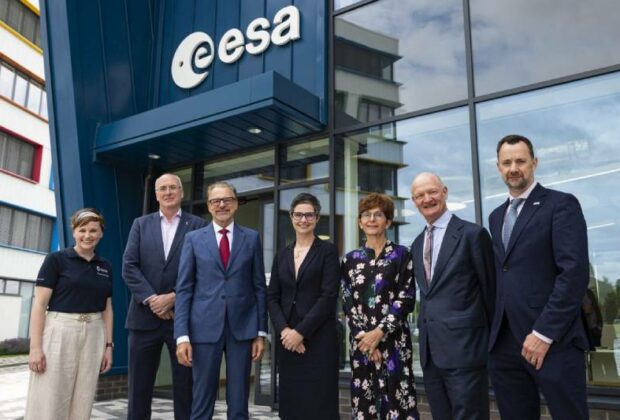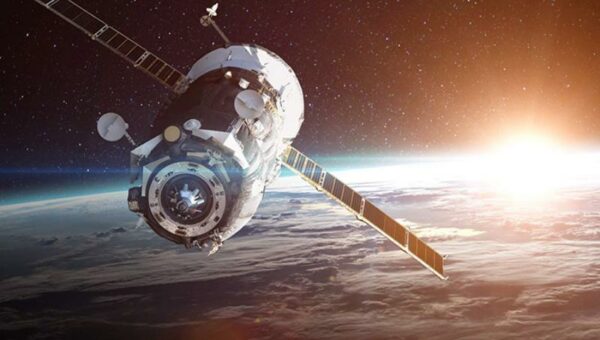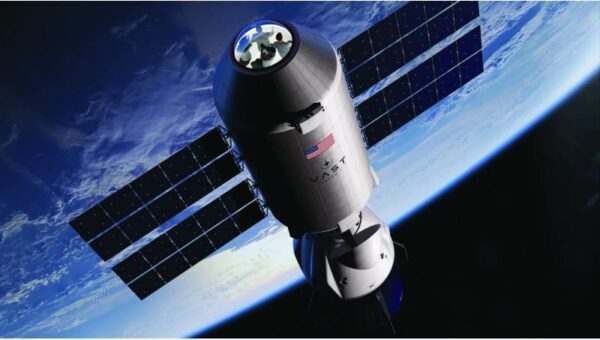Member states of the European Space Agency have moved closer to changing long-standing rules that give contracts for agency activities according to the amount of money each nation contributes.
Agency representatives announced at a briefing following the June 19 ESA Council meeting that members had decided to implement adjustments to the agency’s programs’ geographic return, or georeturn, policies as a “first step.” Under georeturn, money contributed to ESA initiatives by member states is given back to businesses in those nations in the form of contracts.
This demonstrates how ESA is changing. During the event, ESA Director General Josef Aschbacher stated, “We are evolving towards new conditions.”
Georeturn has drawn criticism from several European nations and ESA member states, who claim it inefficiencies arise from contract awards based more on which nations have contributed to programs and at what rates than on the best supplier. They assert that this results in delays and higher costs.
However, some have cautioned that eliminating georeturn could compromise ESA initiatives by lessening the incentives available to nations to fund those initiatives. Countries may be reluctant to offer funds if there is no assurance that their enterprises will receive contracts commensurate with the amount of their investment.
The resolution modifies the georeturn rules in a minor way. Director of Commercialization at ESA Géraldine Naja remarked, “We presented a resolution on increasing the flexibility in implementing georeturn at ESA but also streamlining the process.”
“This is seen as a first step in a more general evolution of industrial policy, taking into account the completely new space context, which requests much more agility and fast decision-making by ESA whilst keeping the principle of georeturn, which has been essential for ESA and has allowed us to build a very strong supply chain in Europe,” the spokeswoman stated.
While Aschbacher hinted that the changes to georeturn approved by the council in the resolution may be based on a proposal put forth a few years ago, in which ESA would hold a competition for a program, choose the winning bidder, and only then request funding from member states, ESA officials did not go into detail about the specifics of the changes.
He stated, “This is something that we would like now to practice on some examples,” Pilot programs that have not yet been chosen by ESA would implement the new policy. “We have yet to identify the right ones but I’m sure we have some good candidates in mind.”
According to Aschbacher, the resolution was passed by ESA members following a “intensive” debate. He did not address other recommendations made by the industrial policy committee, although modifications to georeturn is only one of the improvements that have been suggested.
“There is an openness of our member states to really make adjustments and see what is best for a competitive industry in Europe,” he stated. “Having said that, some member states said that this is good. We have made very important progress coming to that step, but maybe we should use it as a stepping-stone for a further evolution and further discussions.”








